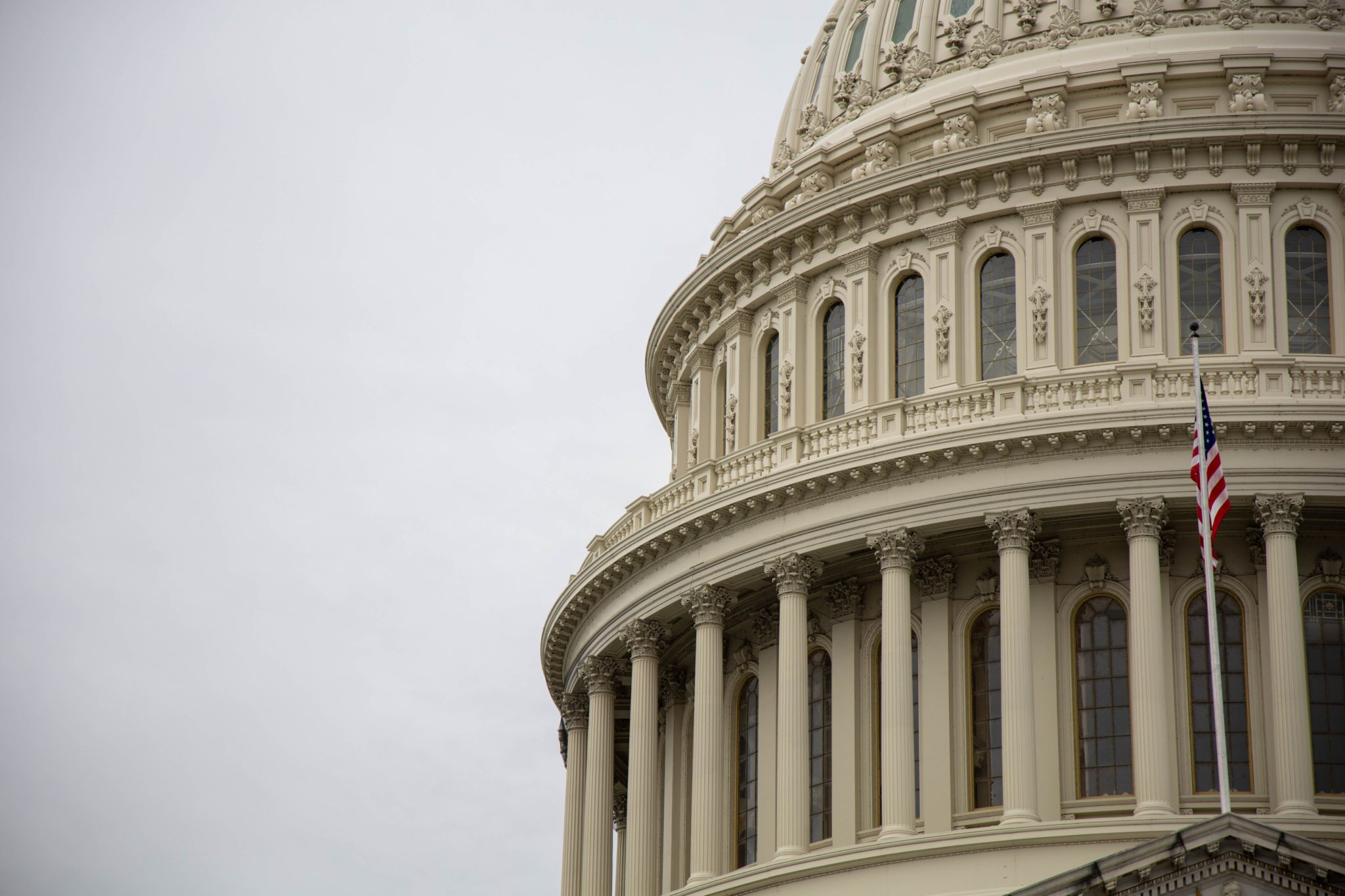On November 9, 2017, the U.S. Senate introduced their comprehensive tax reform bill, known as the Tax Cuts and Jobs Act. These are a set of talking points we encourage individuals and organizations in the charitable sector use in their own advocacy around tax reform.
General Points
- The Senate Finance Committee has fallen short in its opportunity to protect charities, our communities, and the millions of families that we serve in tax reform.
- The legislation reported out of committee removes incentives to give and raises taxes on charities to fund tax cuts to corporations – halting revenue flow into the sector.
- As a result, the charitable sector, which is the third largest employer in the country, could see job loss, not job growth.
- Much like the effort passed by the House, this bill fails to protect the ability of nonprofit organizations to serve local communities, strengthen the country, and advance the common good.
Charitable Deduction
- On the 100th anniversary of the charitable deduction, it is time for the tax code to incentivize all Americans to give more to charity.
- Rather than encourage more people to invest in their communities, this bill turns the charitable deduction into a tax benefit only for the wealthiest households and reduces giving by billions of dollars a year.
- By raising the standard deduction and not adding the universal deduction, you will effectively cut out up to 95 percent of Americans from access to the only incentive that is altruistic.
- Adding a universal deduction will extend charitable giving incentives to all taxpayers and create a fair, streamlined solution.
- Unfortunately, the committee rejected, along party lines, an amendment offered by Senators Wyden and Stabenow that would have created a universal charitable deduction.
- We recognize that there is an attempt to increase charitable donations by raising the AGI limits, but we do not believe this is a solution to the challenges created by other tax reform provisions.
- We will continue to advocate for the inclusion of a universal deduction in the final Senate tax reform bill as the debate moves to the Senate floor.
Johnson Amendment
- The bill approved by the Senate Finance Committee does not repeal or weaken this critical 63-year old protection of nonprofit nonpartisanship.
- We will continue to show our support for the Johnson Amendment as the tax reform process moves forward.
Estate Tax
- The estate tax is the clearest transfer of resources from charities to wealthiest Americans.
- We have years of research to show that the estate tax has encouraged charitable bequests and investments into the sector.
- While not fully repealed, weakening this incentive diminishes the spirit of philanthropy and the ability of charities to play a critical role in providing arts and cultures, providing services, and caring for the most vulnerable in our society.
Excise Tax on Investment Income
- Like the House-passed legislation, the Senate tax reform bill imposes an excise tax on the investment incomes of private colleges and universities.
- This provision overrides how taxpayers, community members, and charities choose to invest in their communities.
- We are concerned that this provision sets a precedent that will allow the policy to be extended to all charities in the future.
Unrelated Business Income
- Two provisions included in the Senate bill could substantially increase the tax liability of public charities, reduce the funds available for their programs and services, and impede their ability to meet community needs.
- First, is a proposal to reclassify income from licensing a charity’s name or logo as subject to UBIT.
- The second provision would force charities to calculate separately their gains or losses on each business activity, which would prevent charities ability to use losses from one activity to offset the tax liability of another.
- IRS clarification prevents any challenges related to how charities calculate these figures, so this provision is not needed to prevent abuse.
- Both provisions increase taxes on legitimate market-based solutions that charities rely upon for revenue.
Executive Compensation
- The bill sets a limit on compensation of individual leaders that applies to salaries as well as benefits.
- Competitive compensation is determined by Board of Directors comprised of community volunteers and constituents.
- We believe it is important for this type of decision-making authority remain with communities, rather than federal regulators.
- The sector follows established Principles for Good Governance and Ethical Practice to help boards determine fair, competitive compensation to attract and retain leaders that can tackle the most complex problems facing our communities.


